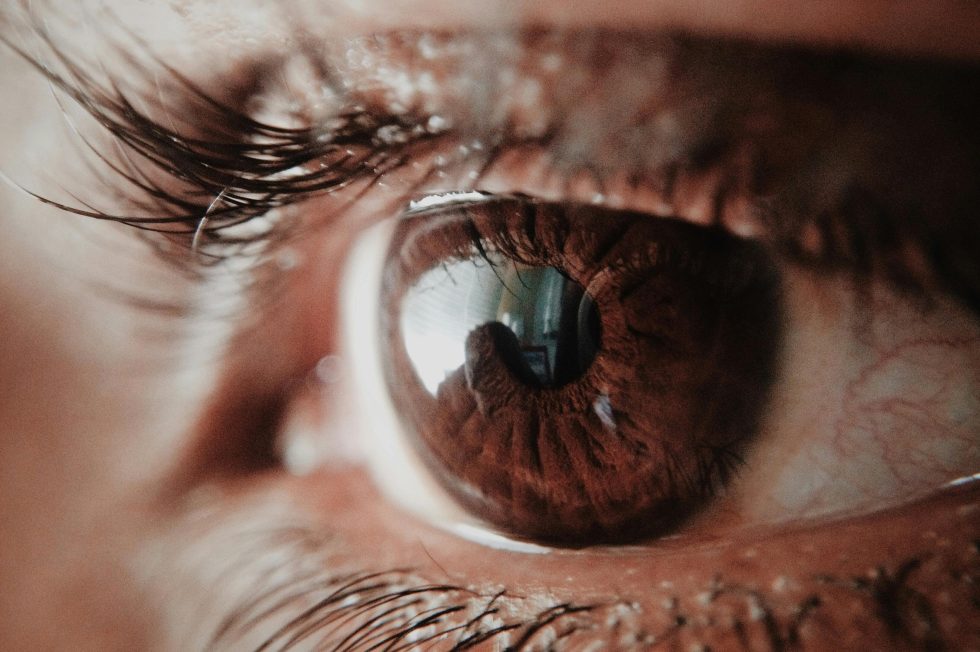
Pregnancy is an exciting journey, but it also brings a variety of physical changes—and vision is no exception. Many people are surprised to learn that hormonal shifts during pregnancy can impact eyesight. While most vision changes are temporary and resolve after childbirth, it’s essential to know what to expect and when to consult an eye doctor. Let’s dive into some of the common ways pregnancy can affect your vision and how to manage these changes.
1. Dry Eyes
Hormonal changes can cause a decrease in tear production, leading to dry, itchy, or uncomfortable eyes. This can make wearing contact lenses more challenging for some pregnant people.
Tip: If you experience dry eyes, try using lubricating eye drops (preservative-free options are best). If contacts become uncomfortable, consider switching to glasses until after delivery.
2. Blurry Vision
Blurriness is a common symptom for some people during pregnancy. This is often due to fluid retention, which can thicken or change the shape of the cornea. These subtle shifts alter how light enters the eye, causing temporary blurry vision.
Tip: If you notice mild blurriness, it’s usually not a cause for alarm. However, if it’s affecting your daily activities, mention it to your healthcare provider for further evaluation.
3. Sensitivity to Light
Increased sensitivity to light, or photophobia, can sometimes arise due to hormonal changes. If you’ve noticed that your eyes feel strained or bothered by bright lights, this could be why.
Tip: Sunglasses with UV protection can be helpful, especially when you’re outside. Additionally, lowering screen brightness or using blue-light-blocking glasses indoors may help ease symptoms.
4. Changes in Prescription
Pregnancy can slightly alter your prescription due to the aforementioned corneal changes. Most of the time, these shifts are minor and resolve postpartum. Eye doctors generally recommend waiting until after pregnancy (and even breastfeeding) to make any significant changes to your prescription.
Tip: Avoid getting new glasses or contact lenses based on a temporary prescription change unless absolutely necessary.
5. Increased Eye Pressure and Risk of Glaucoma
Changes in intraocular pressure (IOP) are common during pregnancy, often lowering rather than increasing. While this may be beneficial for those at risk for glaucoma, people with pre-existing eye conditions should still have their eye pressure monitored throughout pregnancy.
Tip: If you already have a diagnosis of glaucoma or elevated IOP, keep your eye doctor informed. They may adjust your treatment or monitor more frequently.
6. Migraines and Visual Disturbances
Pregnancy can sometimes trigger migraines, especially in those with a history of them. Migraines during pregnancy may be accompanied by visual disturbances like seeing flashes of light, zigzag patterns, or temporary blind spots, known as aura.
Tip: Managing stress, staying hydrated, and getting enough rest can help reduce the frequency of migraines. If you experience severe or sudden vision changes, notify your doctor, as it could indicate a more serious issue.
7. Preeclampsia and Vision Changes
Severe vision changes, such as sudden loss of vision, seeing spots or flashing lights, or experiencing extreme light sensitivity, could be signs of preeclampsia—a pregnancy complication that requires immediate medical attention. Preeclampsia can cause swelling, blood pressure spikes, and changes to blood vessels in the eyes, leading to these symptoms.
Tip: If you experience any sudden or severe vision changes, contact your healthcare provider immediately.
When to See an Eye Doctor
While many vision changes during pregnancy are mild and temporary, some require professional evaluation:
Vision loss or significant blurriness
Severe headaches with visual symptoms
Eye pain, swelling, or redness
Symptoms consistent with preeclampsia
Even if you aren’t experiencing any troubling symptoms, it’s still a good idea to maintain regular eye exams. Vision is an essential part of overall health, and pregnancy is an excellent time to ensure your eyes are in top shape.
The journey of pregnancy brings many changes, and some may be more surprising than others—like those that affect your vision. While it can be disconcerting, remember that most of these changes are temporary and part of the body’s natural adjustment process. By understanding these symptoms and knowing when to seek help, you can enjoy a healthy and comfortable pregnancy.
